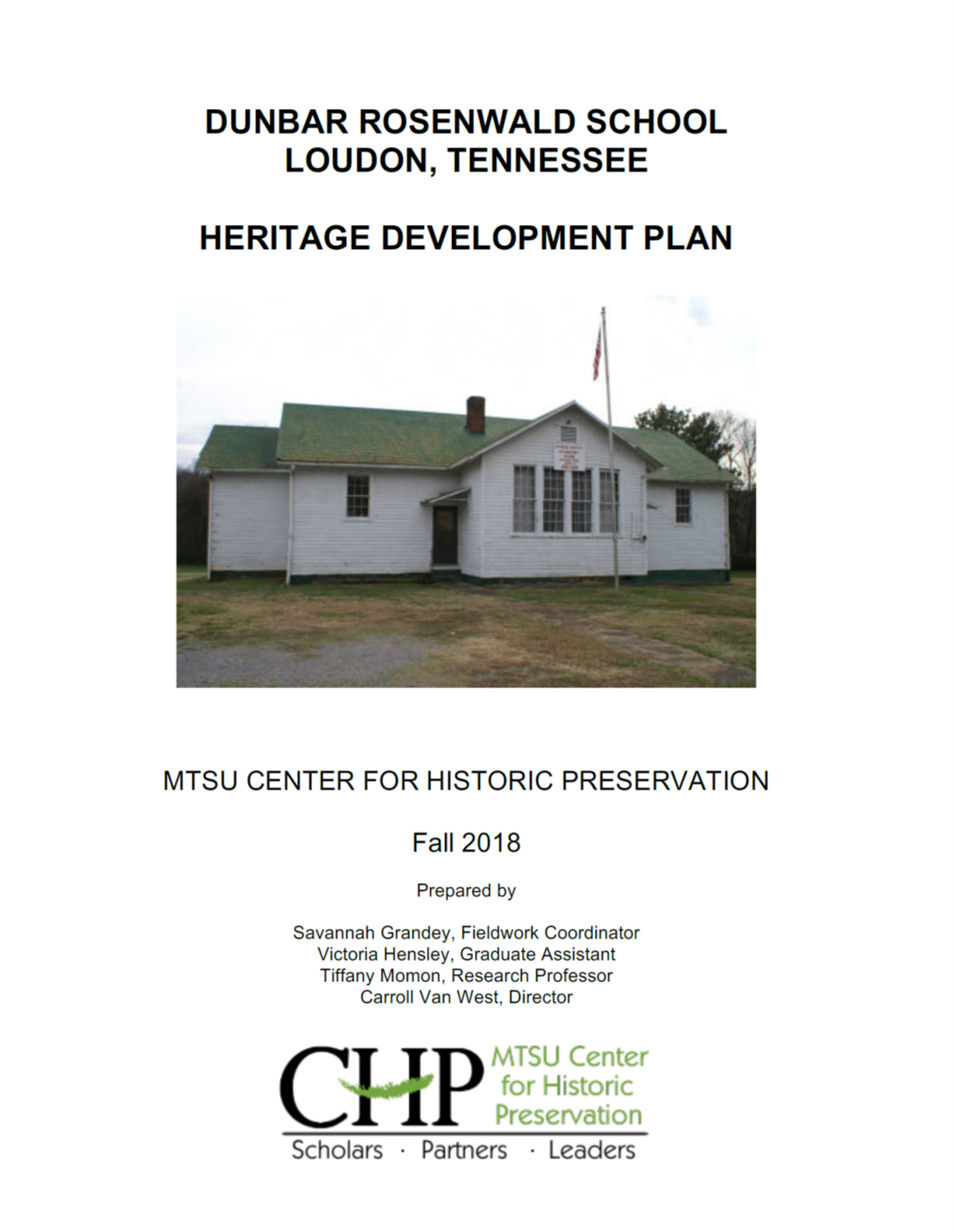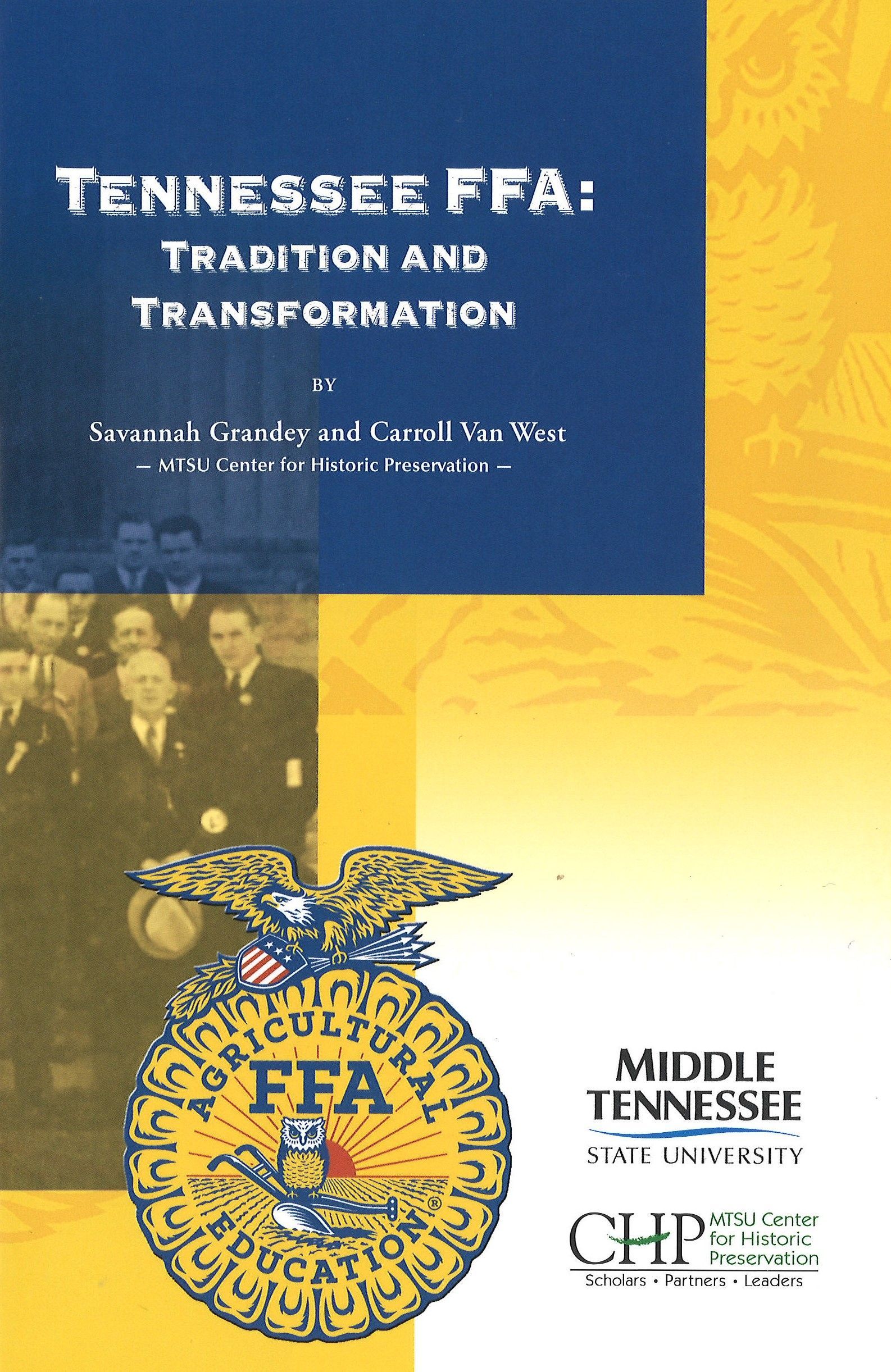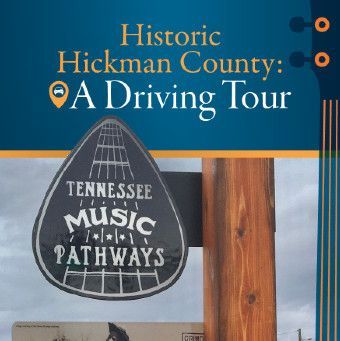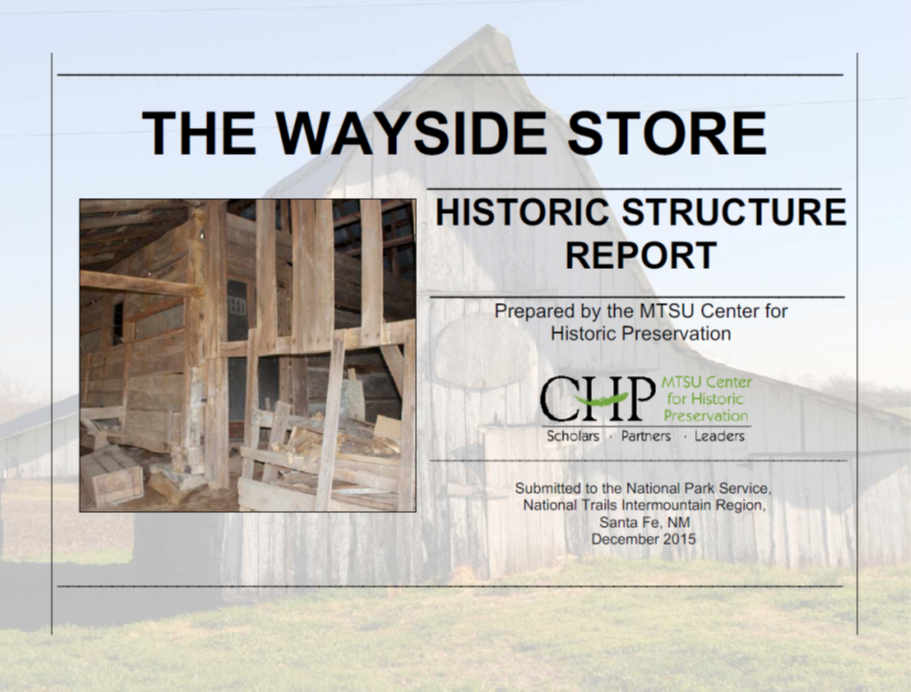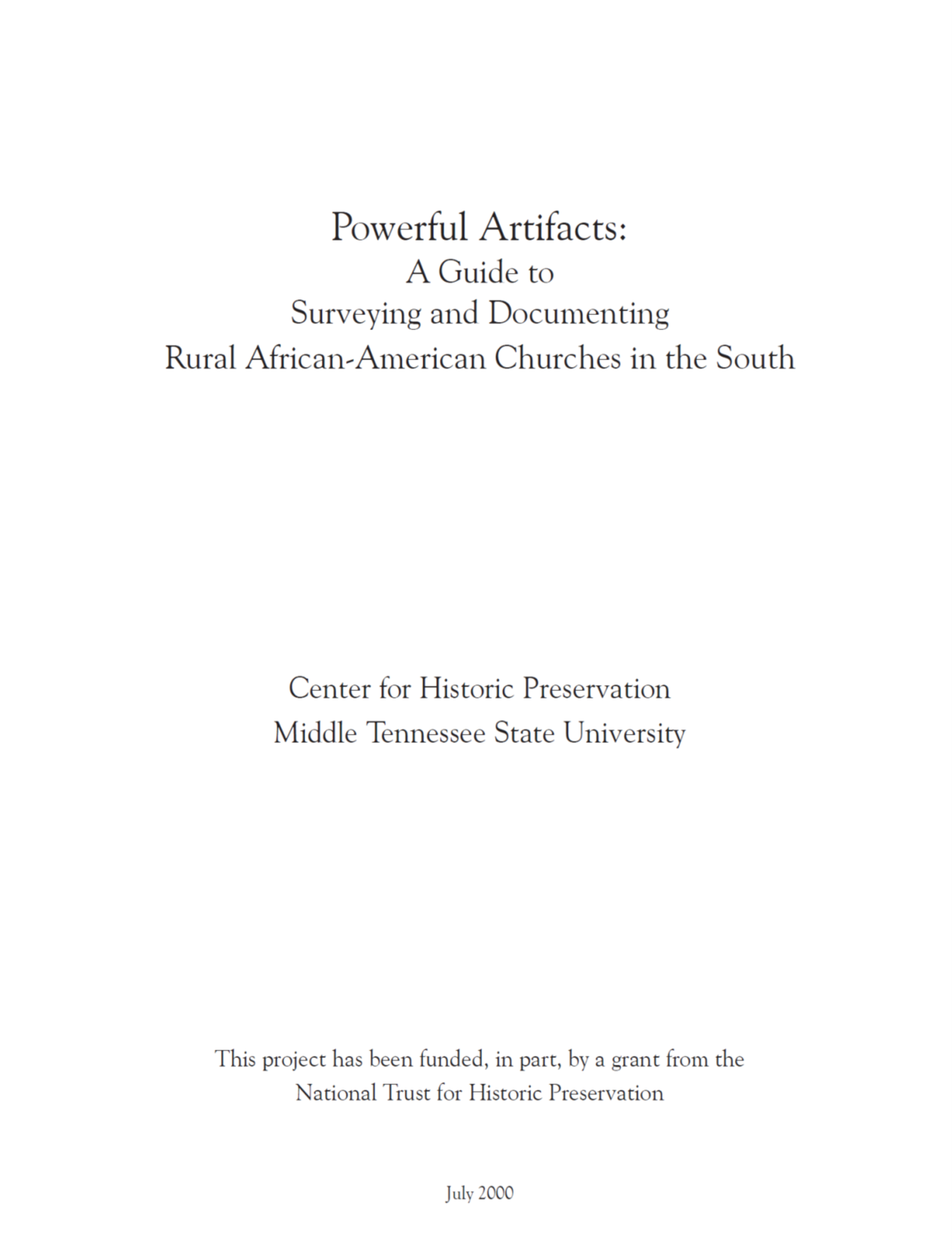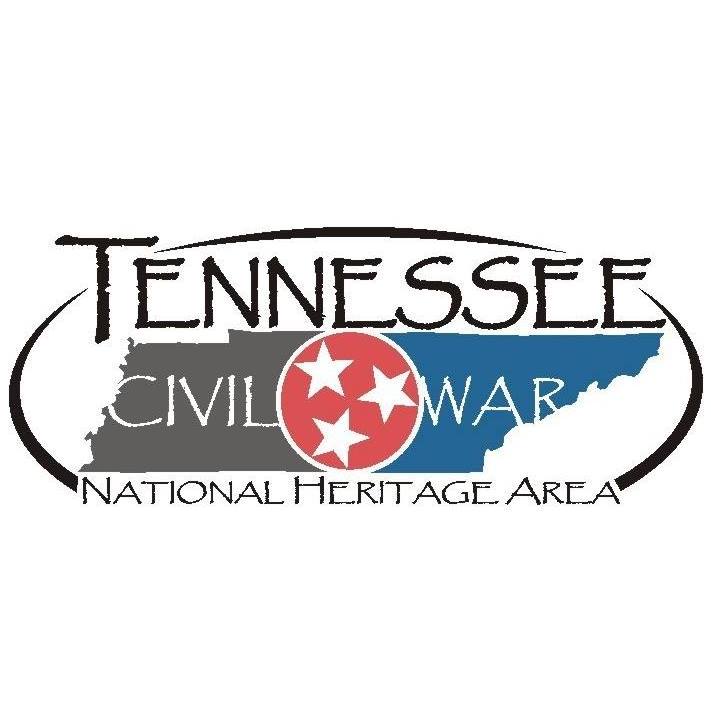Partnership Projects
The Center for Historic Preservation works together with students, communities, and citizens to identify, understand, and better utilize their heritage assets–those historic sites, landscapes, artifacts, and historical narratives that tell the stories of our shared past. Through our partnerships, we encourage heritage development that enhances a sense of place, pride, and identity.
Examples of the services we provide:
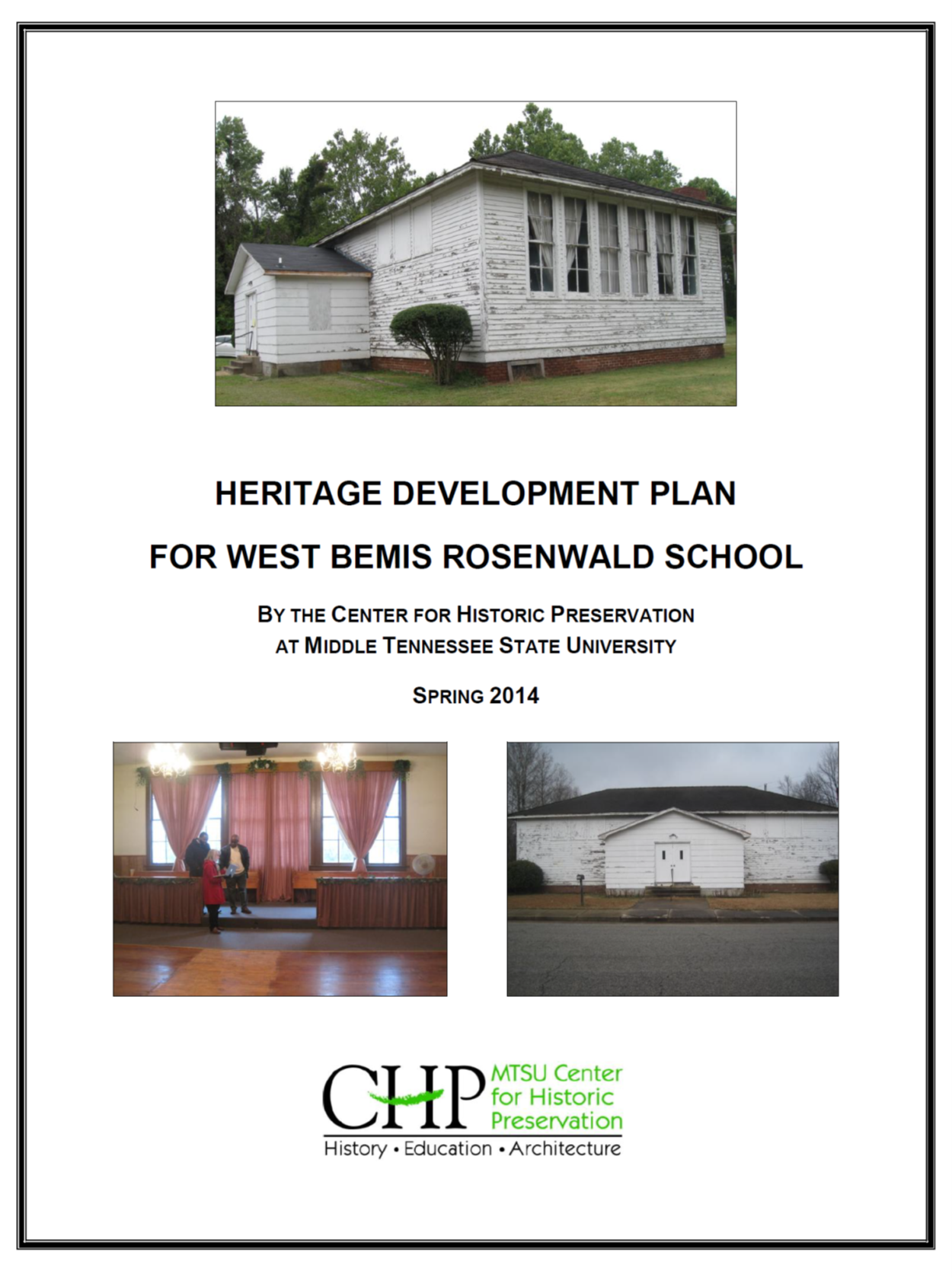
Historic preservation planning reports identify and assess the preservation needs of a group of historic resources defined by geography or theme. The reports, including heritage development plans and site development plans, provide recommendations for more fully utilizing these heritage assets to tell a community’s unique story and to create new economic development opportunities.
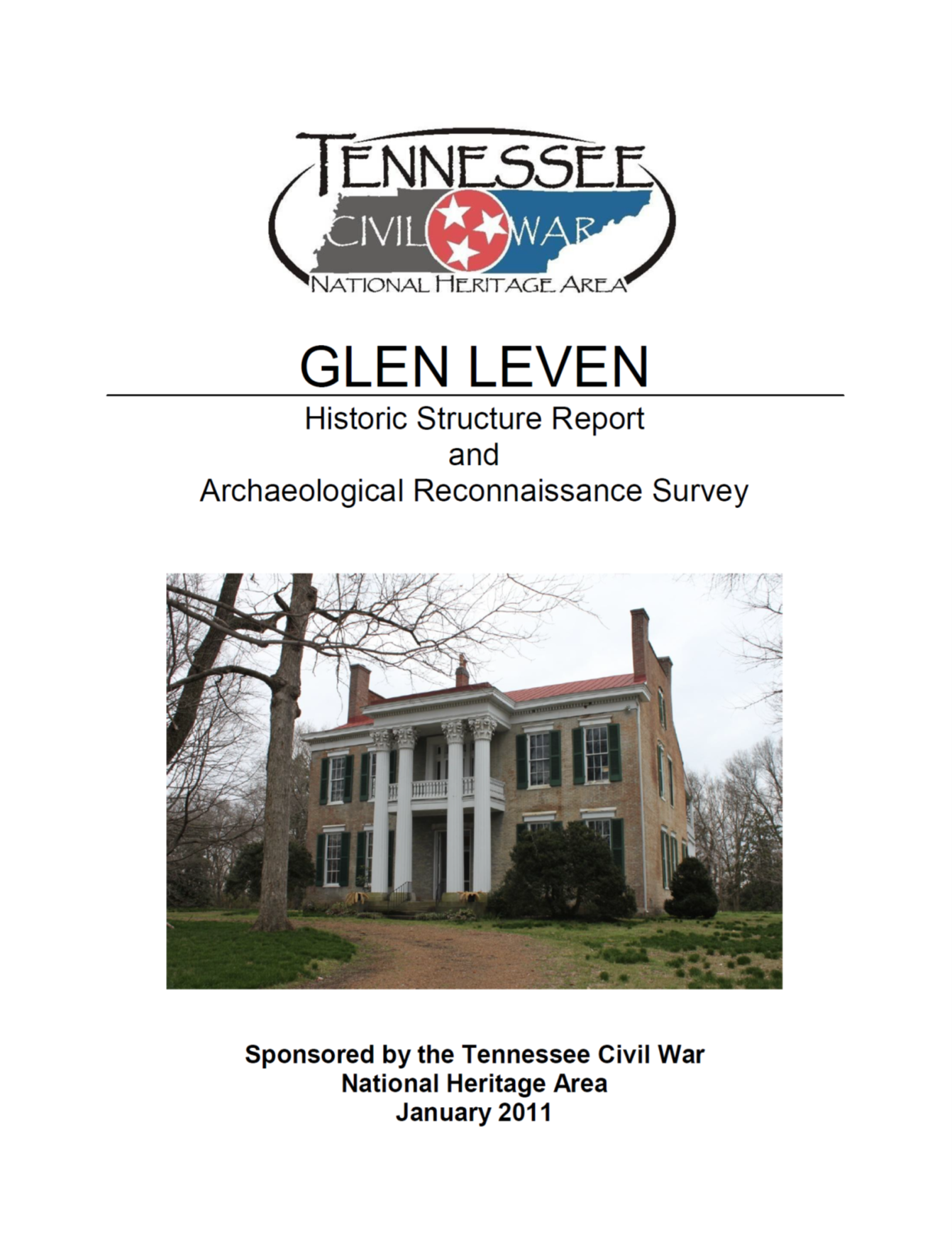
Historic structure and site assessment reports follow a standard format to more comprehensively document a historic structure or site’s history, condition, and maintenance. The information in these reports guides property owners and project architects as they make decisions on restoration/removal of historic fabric and on period of restoration, as recommended in the “Secretary of the Interior’s Standards for the Treatment of Historic Properties.”
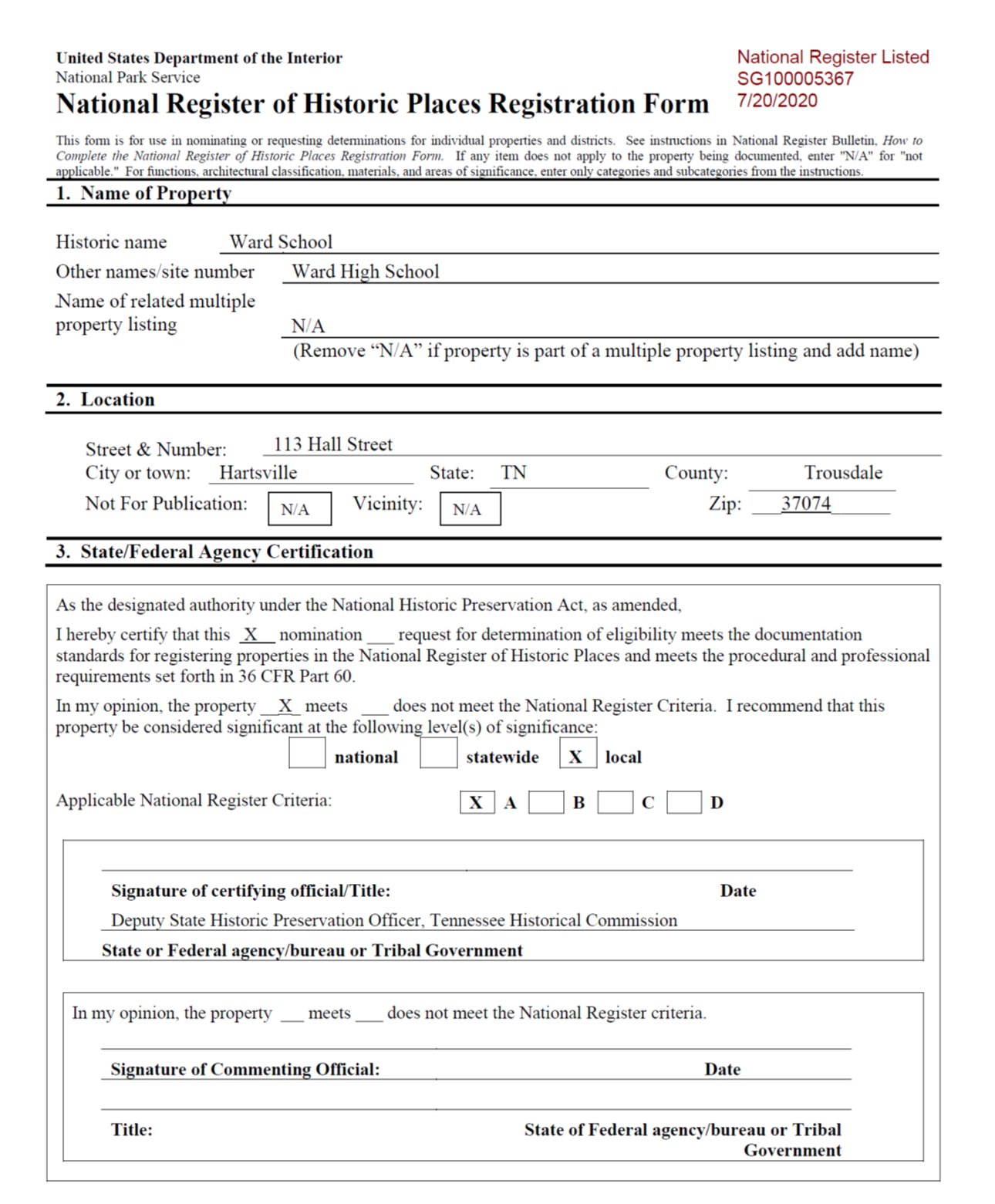
Properties may be nominated for listing in the National Register of Historic Places, a federal recognition program administered by the National Park Service. Listing may qualify the property for specific preservation benefits and incentives.
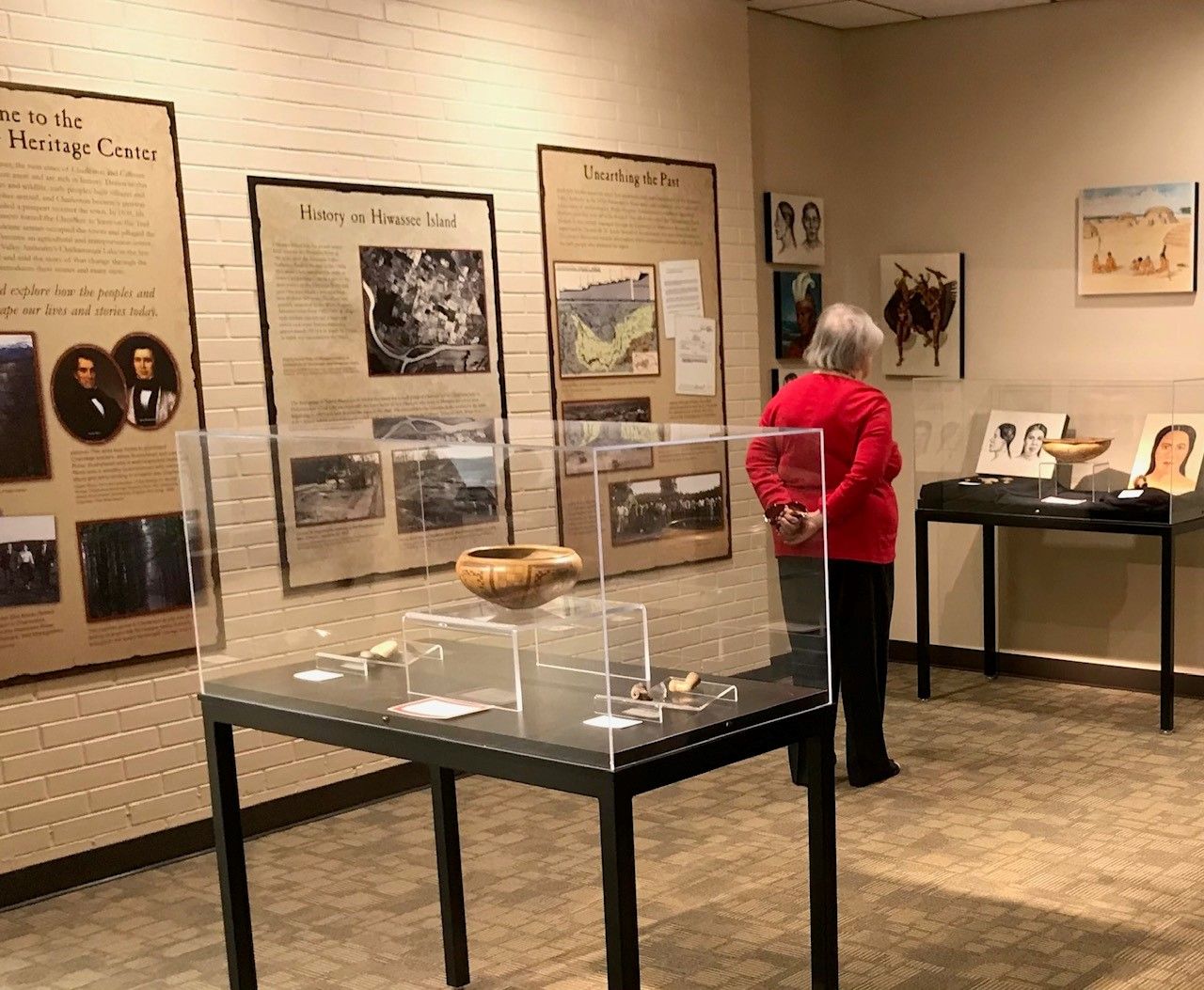
Exhibits can be designed to accommodate varying budgets and space constraints. Some are intended to be traveling exhibits, while others are permanent.

Heritage tourism guides, including brochures, historic markers, and web sites, are some of the many tools used to promote a community’s history and tell its story to residents and visitors alike.
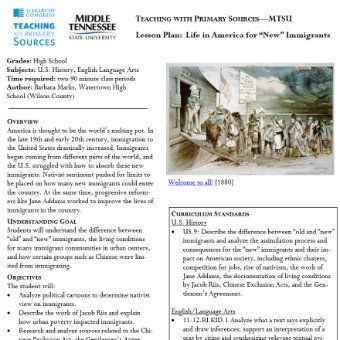
Lesson plans and workshops based on the Tennessee Department of Education’s Social Studies standards provide K-12 educators with tools for using local history and primary sources.
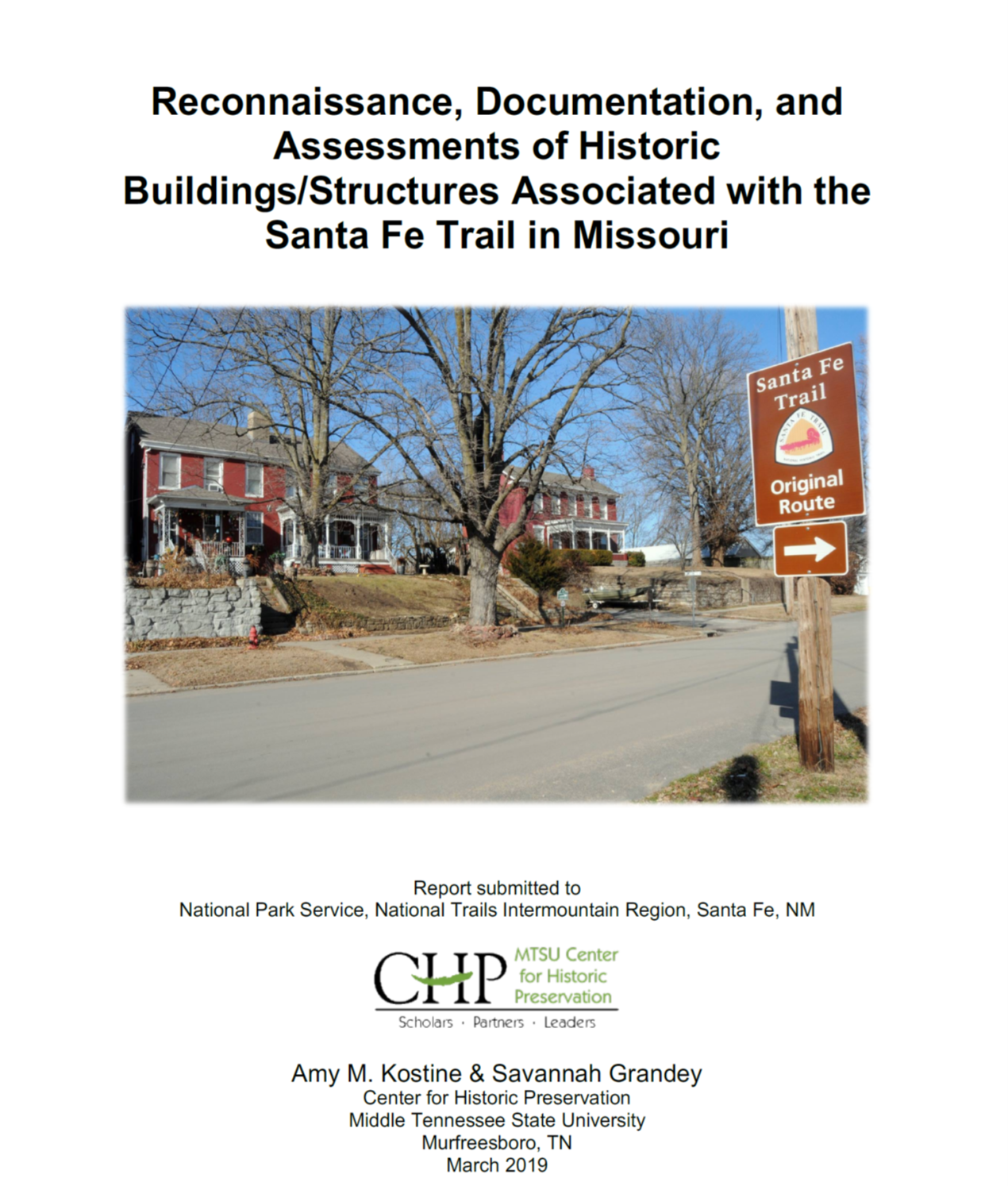
Historic resource surveys provide an overview of the historic resources in a particular community or along a historic trail, providing stakeholders with a clear sense of the significant historic structures that exist within that landscape.
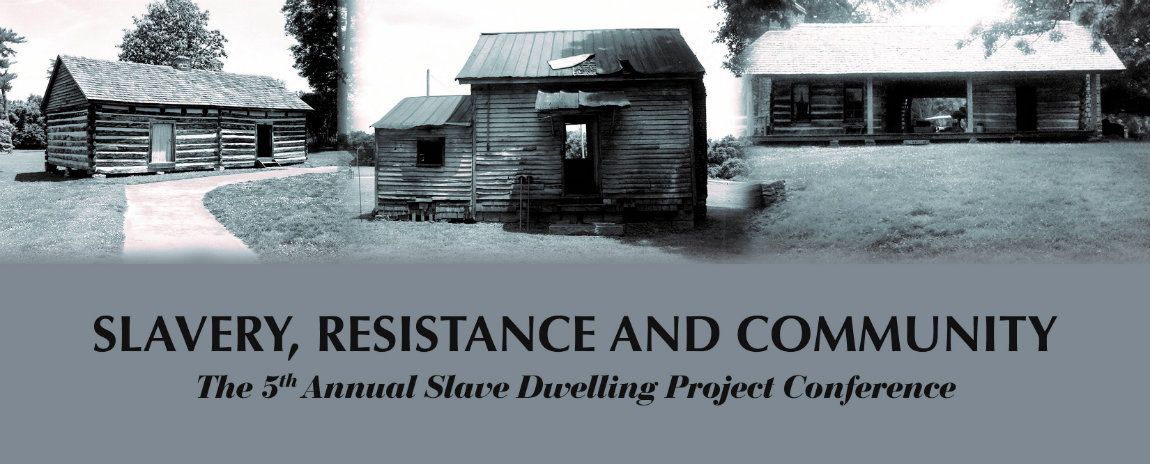
The CHP is also a frequent sponsor of historic preservation and history conferences and symposia. The CHP develops educational programming and regularly make presentations on a range of historic preservation and history topics.
Examples of completed projects:
Questions?
If you would like to partner with us, please fill out our project request form. Keep in mind that most projects take 6 months to a year to begin. We give priority to regional projects, those that include publicly-accessible sites, and those that match student interests and skills with project needs.

